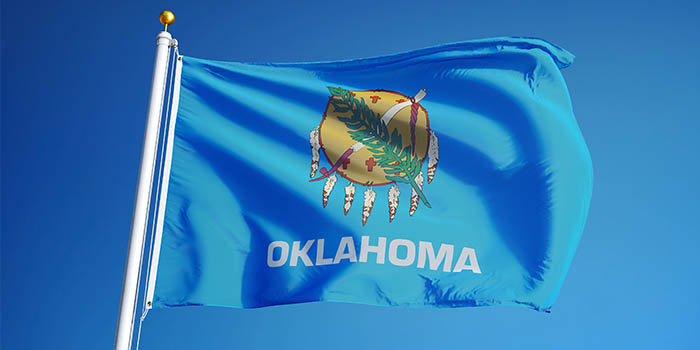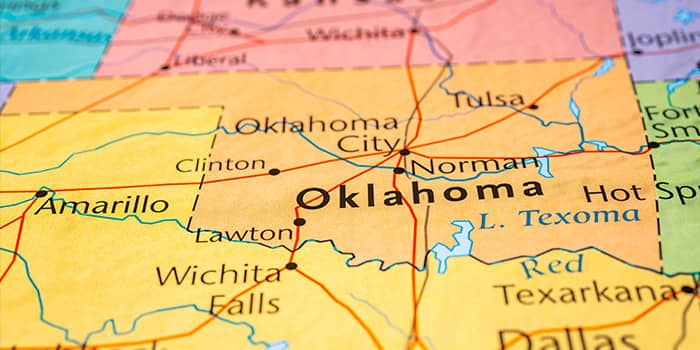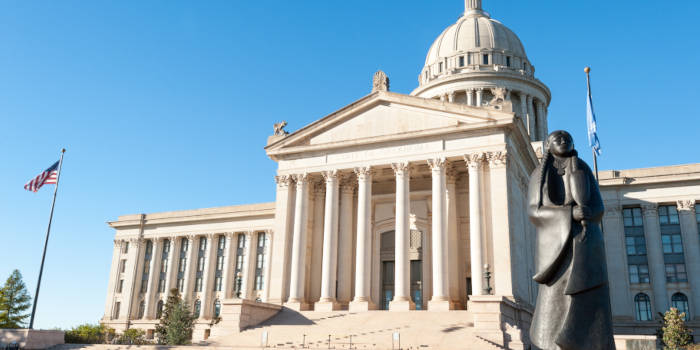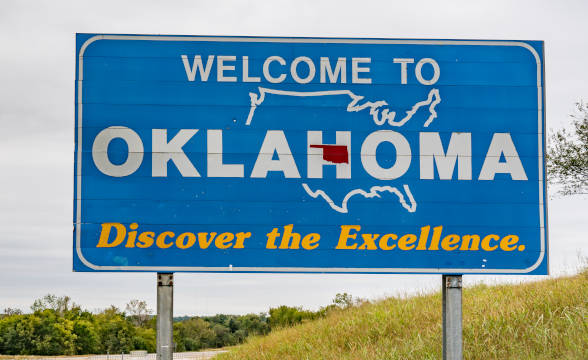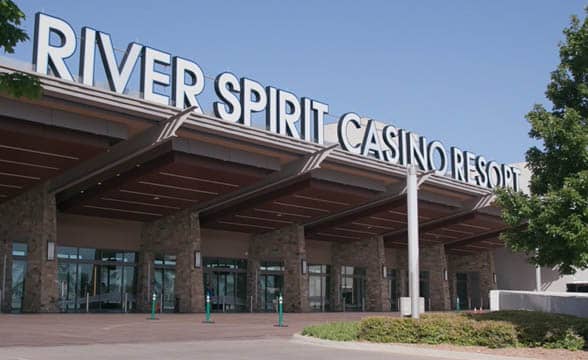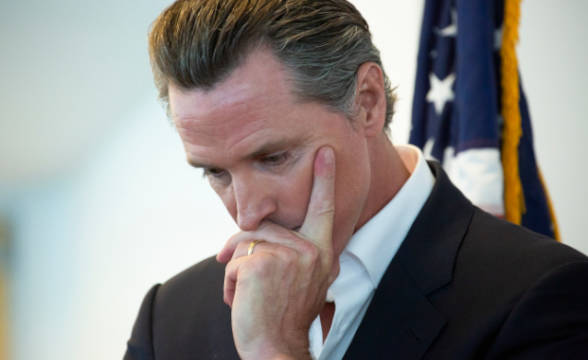Gov. Stitt Brings in an Out-of-state Law Firm to Settle Tribal Dispute

Oklahoma Gov. Kevin Stitt brings in out-of-state law firm to try and negotiate a solution with Native American tribes over compacts extension.
Gov. Stitt Hires Out-of-state Law Firm to Help in Tribal Dispute
Oklahoma Governor Kevin Stitt has hired an out-of-state law firm to address the rift between Native American tribal casino operators and the state. Last year, Gov. Stitt and Native American businesses, which operate over 100 casinos across the state, tried to negotiate another 15-year extension of the existing compacts – a move that failed and prompted an impasse between the state and the tribes.
Gov. Stitt has hired Perkins Coie, which will oversee negotiations with the tribes regarding the compacts. As per the Associated Press, Gov. Stiff has signed a contract for legal services up to $300,000 and an hourly attorney fee of $750 per hour.
Commenting on the latest development, Gov. Stitt spokeswoman Donelle Harder told press that out-of-state expertise is how such matters are usually handled. Harder explained that Perkins Coie has recently settled gaming compacts disputes in New Mexico.
Why the Conflict Between Oklahoma and Tribal Operators?
Oklahoma’s tribes are operating casino products in the state according to a 15-year compact, which grants the tribes exclusivity over gambling. So far, the tribes have been paying between 4% and 10% of their gross gaming revenue (GGR) back to the state, in relation to their business size.
However, since mid-2019, Gov. Stitt has argued that as a representative of the residents of Oklahoma, he had to seek out what is best for his state. More specifically, Gov. Stitt wanted to negotiate the 15-year exclusivity period, a suggestion tribe objected to.
Gov. Stitt has gone so far as to threaten banning tribal operators with suspension of business and, as of January 1, 2020, running a casino in Oklahoma is considered illegal, at least according to the governor’s office. However, Gov. Stitt is not rushing into the matter.
Hiring a law firm to settle the dispute would be one of the priorities of the administration. In the meantime, the governor’s office also cautioned vendors of casino businesses to cease operations. The tribes have responded by arguing that they are ready to protect vendors.
John Bunch, the boss of a casino supplier company Pervasive Gaming, has kept a fairly cheerful outlook on the situation, arguing that it is unlikely Gov. Stitt to come after suppliers, since he would not risk antagonizing small and medium-sized businesses (SMEs).
On December 31, 2019, three Oklahoma tribes have responded by launching an official lawsuit against the governor. All three participants, to name the Cherokee, Chickasaw, and Choctaw have been adamant in their opposition against re-negotiating the compacts.
A Timely Solution?
Despite the strong opposition between the two parties, the conflict is unlikely to drag on. In 2017 alone, the Oklahoma tribes contributed $198 million to education along with $42 million for infrastructure.
The economic windfall for the 130-odd casinos in the state has been tangible. Even though the tribes are reluctant to change their compacts, a solution might be achieved, specifically by reducing the number of years a compact applies for.
Meanwhile, Gov. Stitt is far from the idea of hammering the tribal operators and many businesses associated with them. While both parties are coming across as adamant, a solution may be closer than appearances suggest.
Rachael is a veteran gaming journalist with over 9 years of writing experience but has only just started within the gambling industry. She has built a keen interest within the iGaming sector over the years from exposure at events and intends to translate her passion into publications here at GamblingNews.com to keep our readers updated with the latest developments.

